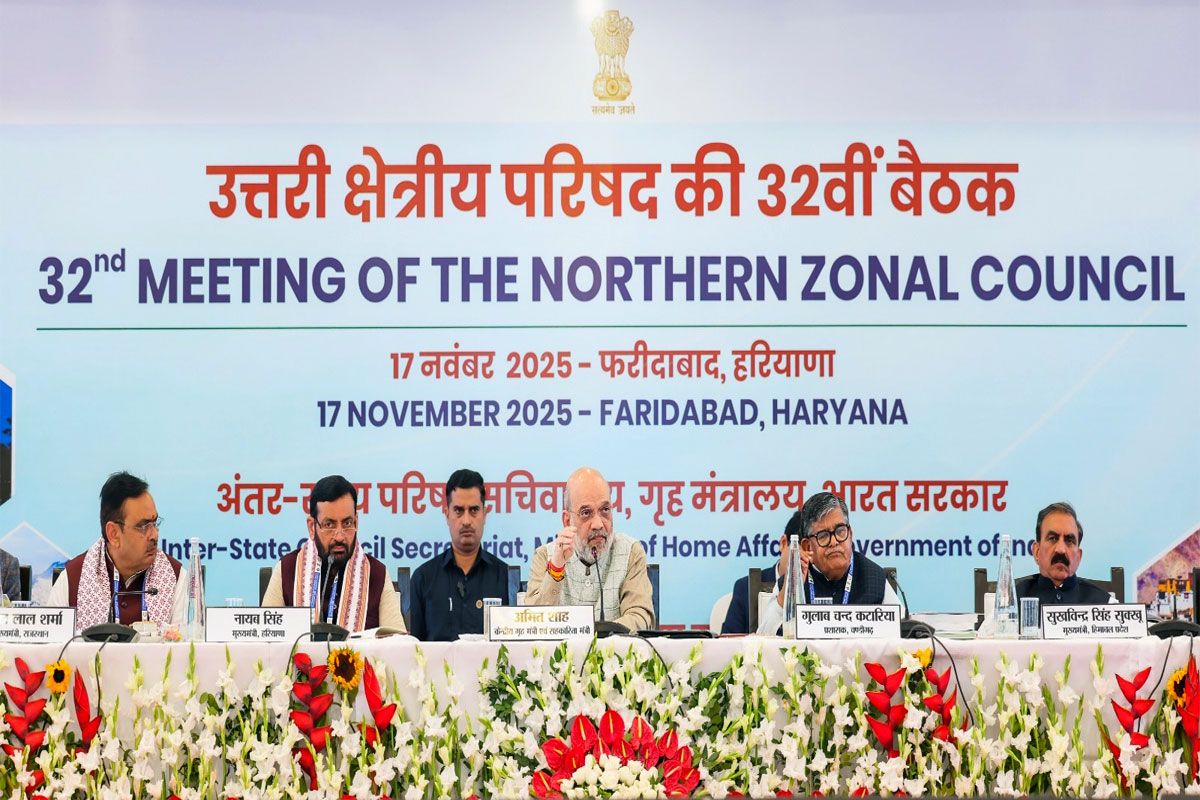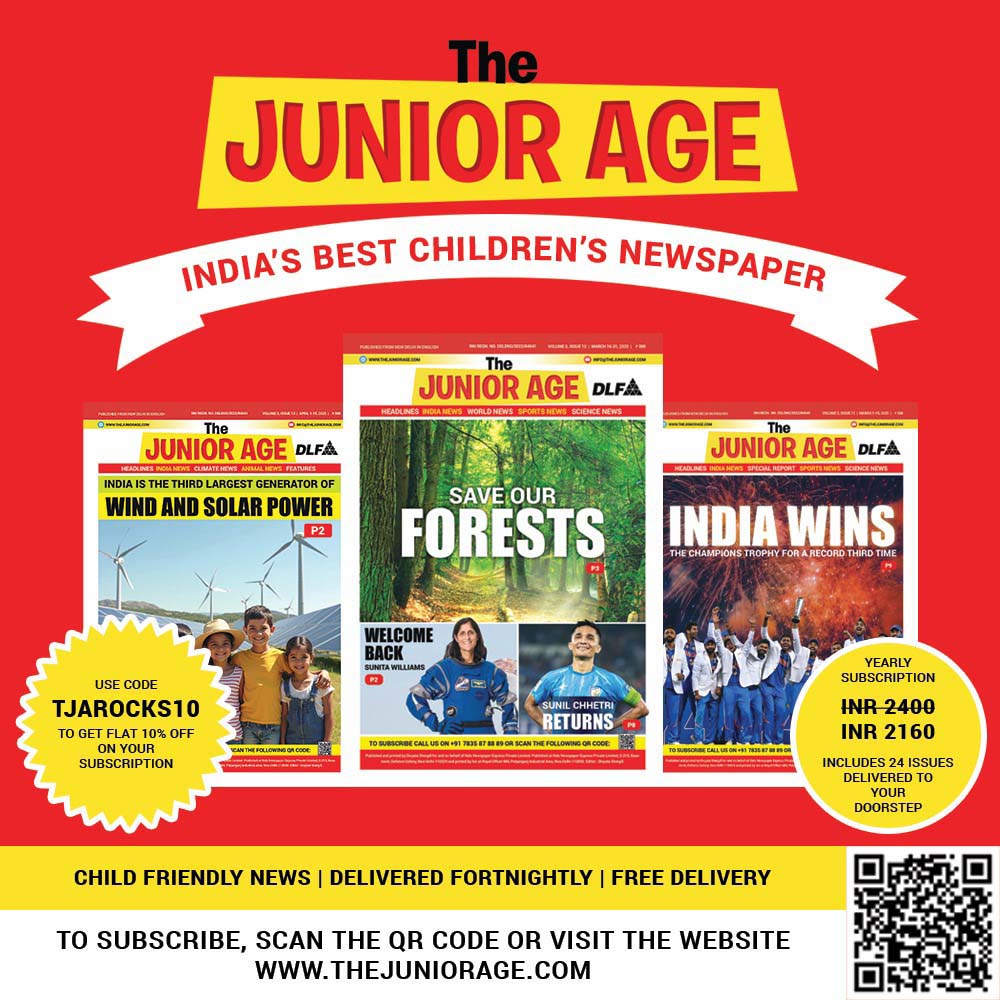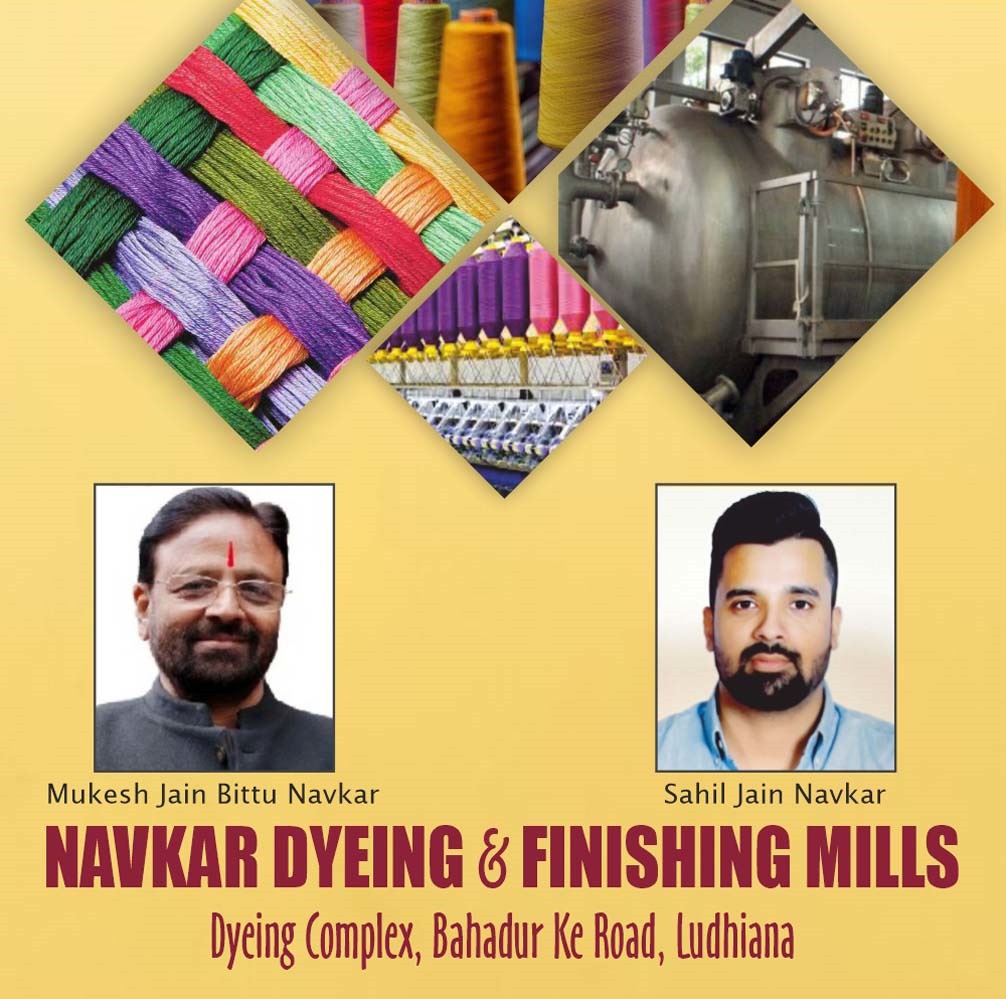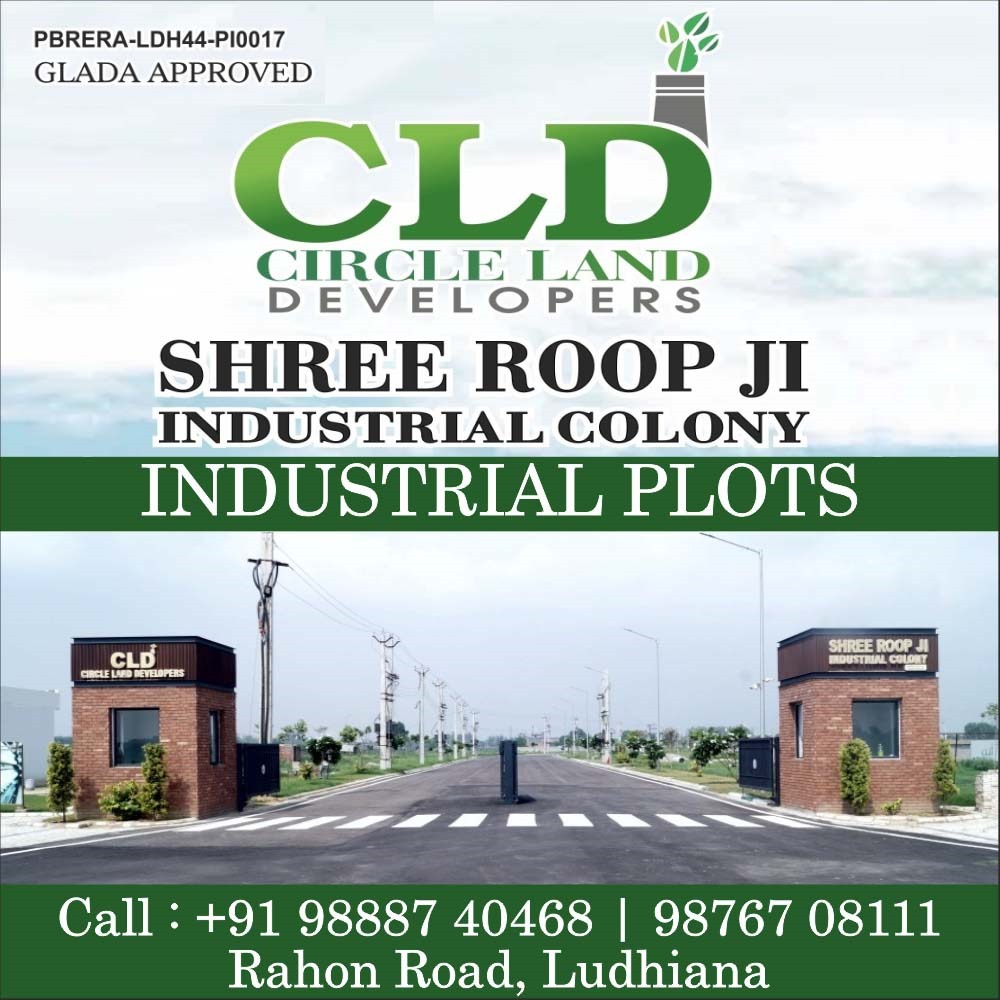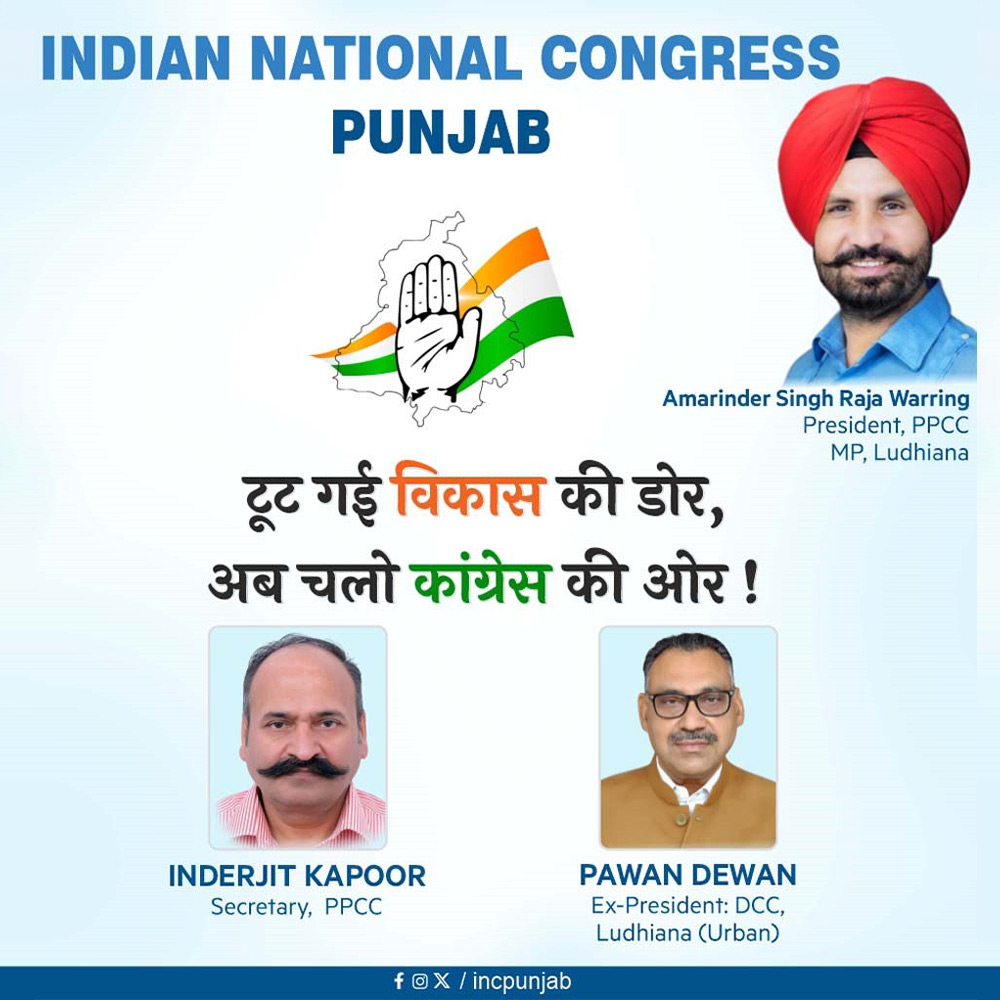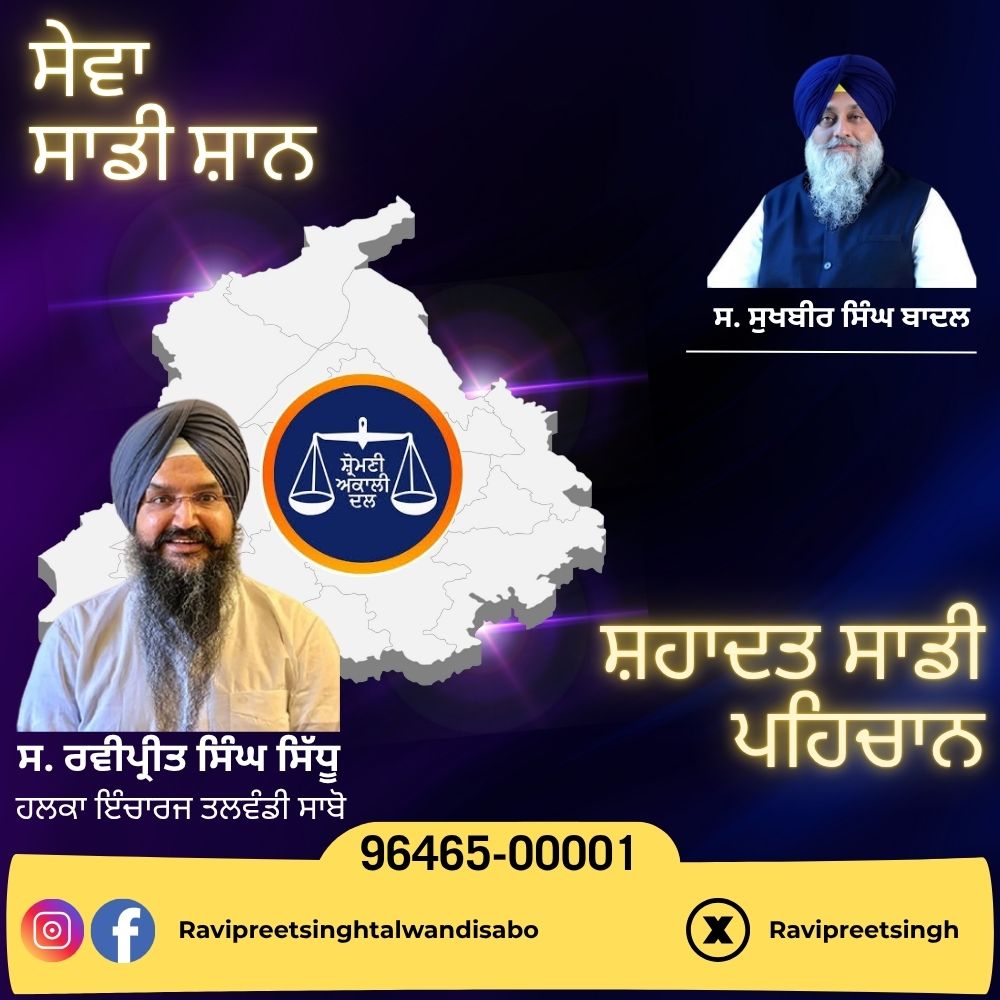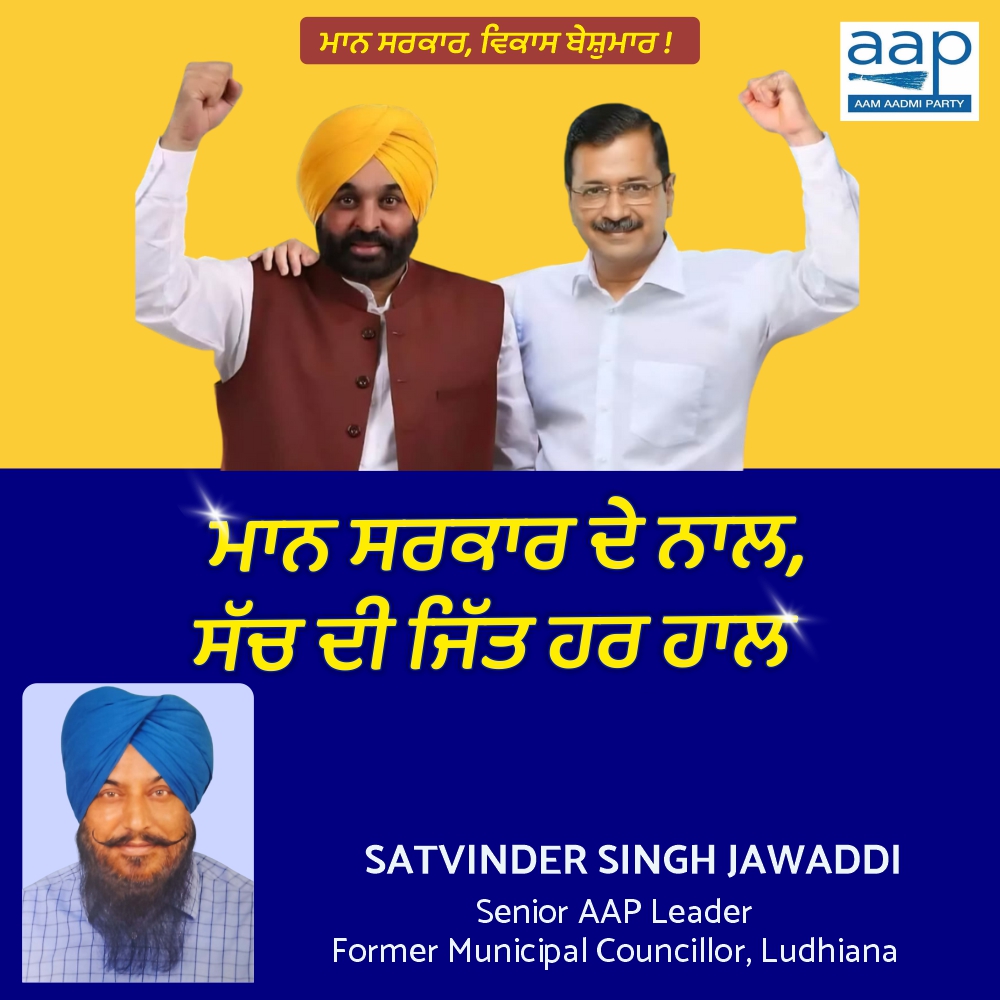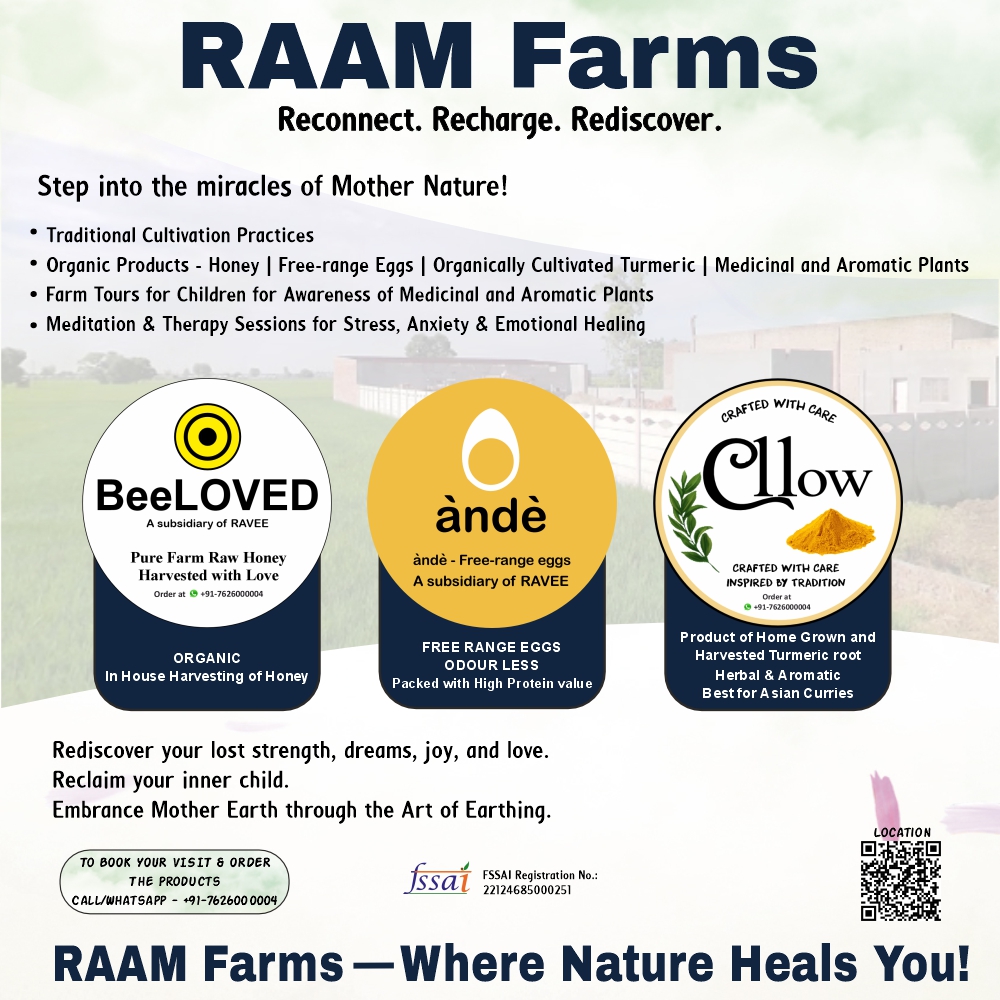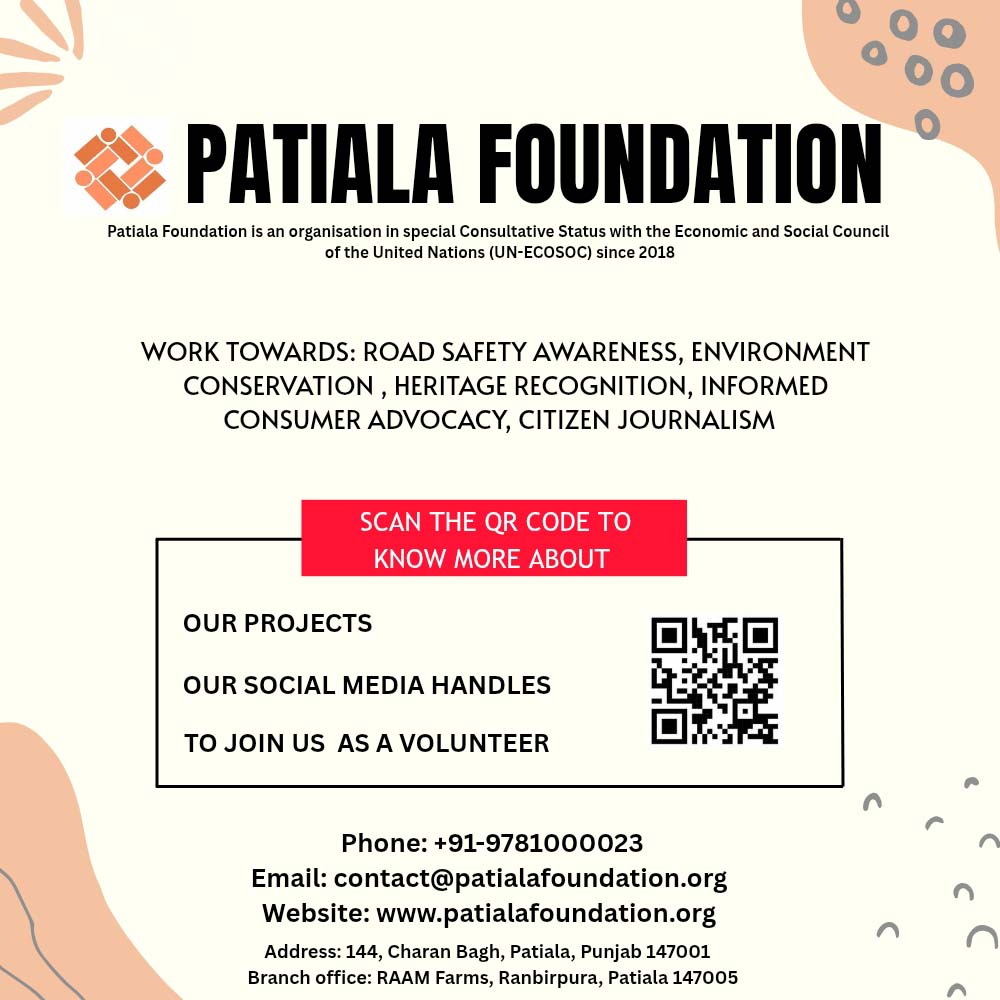Faridabad, November 17
Union Home Minister and Minister of Cooperation Amit Shah today chaired the 32nd meeting of the Northern Zonal Council (NZC) in Faridabad, Haryana. At the beginning of the meeting, tributes were paid and two minutes of silence observed in memory of those who lost their lives in the recent car bomb blast in Delhi and the explosion at Nowgam Police Station in Jammu and Kashmir. The Union Home Minister said that under the leadership of Prime Minister Narendra Modi, eliminating terrorism from its roots is our collective commitment. He said that in line with the track record of the Modi government so far, the culprits of the Delhi bomb blast will be traced even from the netherworld, brought before the country’s judicial system, and given the strictest possible punishment.
Union Home Minister and Minister of Cooperation said that the sectors of cooperation, agriculture and fisheries can become important means of eradicating poverty and providing employment. He said that poverty is being eradicated and employment is increasing through cooperation, agriculture, and fisheries. Shah said that the original spirit and role of Zonal Councils is advisory, but in the last decade they have been accepted as action-oriented platforms and have delivered results. He said that with follow-up, we have not only accepted issues between states, between regions and states, and between the Centre and state governments, but also created concrete pathways for their resolution. Shri Shah said that our goal is clear — regional strength along with national progress and India’s Global Leadership in every field, which will lead us towards the creation of a Great India. The Home Minister said that all states should work in mutual coordination to resolve water resource management and water-related problems.
Union Home Minister said that compared to 2004–2014, the number of Zonal Council meetings from 2014 to 2025 has increased by about two-and-a-half times. He said that between 2004 and 2014 there were a total of 25 meetings of Zonal Councils and Standing Committees, whereas from 2014 to 2025 till now, 64 meetings have been held. He said that more than doubling the number of meetings reflects Prime Minister Modi’s concept of TEAM Bharat. In these meetings, 1600 issues were discussed and 1303 issues (81.43 per cent) were resolved. This has been possible due to the cooperation of all state governments, union territories, and central ministries and departments, with the Inter-State Council Secretariat playing an active role.
Shah appreciated Rajasthan’s contribution to the campaign to promote millets and said that all states should increase the production and consumption of millets. He appealed to state governments to include millets in the scheme of providing 5 kg of free food grains to the poor every month. Shah said that this will increase millet production, the new generation will develop the habit of eating millets, and people’s health will also improve.
In today’s meeting, along with issues of the member states, several extremely important national issues were also discussed, which included the implementation of Fast Track Special Courts (FTSCs) for speedy investigation and prompt disposal of rape cases against women and children, availability of brick-and-mortar banking within the designated radius of every village, issues related to water sharing, environment, higher education, etc., the Emergency Response Support System (ERSS-112), and other matters of common interest at the regional level.
In addition, six issues of national importance were included in the agenda, which are — urban master planning, power supply system, strengthening of Primary Agricultural Credit Societies (PACSs), eliminating malnutrition in children through the ‘Poshan Abhiyan’, reducing school dropout rates, and participation of public hospitals in the Ayushman Bharat-Pradhan Mantri Jan Arogya Yojana.
The meeting was attended by Haryana Chief Minister Nayab Singh Saini, Punjab Chief Minister Bhagwant Mann, Himachal Pradesh Chief Minister Sukhvinder Singh Sukhu, Rajasthan Chief Minister Bhajan Lal Sharma, Jammu and Kashmir Chief Minister Omar Abdullah, Delhi Chief Minister Rekha Gupta, Administrator of the Union Territory of Chandigarh Gulab Chand Kataria, Lieutenant Governor of Jammu and Kashmir Manoj Sinha, Lieutenant Governor of Delhi Vinai Kumar Saxena and Lieutenant Governor of Ladakh Kavinder Gupta, along with senior ministers from these states and union territories.





